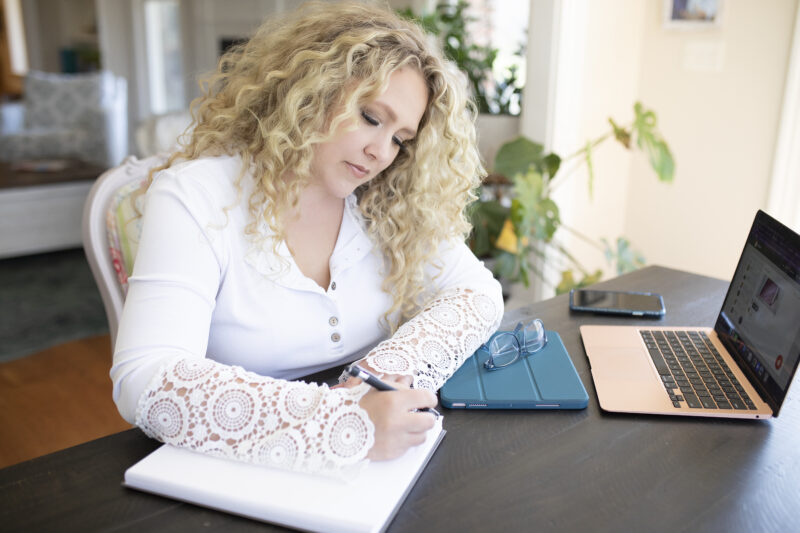7 Ways to Stay Present in the Moment

When people talk about staying present or living in the moment they are often talking about mindfulness. But what does that mean? Being mindful refers to intentionally paying attention to what is happening around you and within you. Why? So you can experience life moment by moment as it unfolds and without judgement. This type of mindful, present-focused living keeps you out of your head, stops you from ruminating on things that went wrong in the past, and lessens the amount of time you spend worrying about what could go wrong in the future. As a result, living in the moment can enable you to enjoy the moment more and feel like your life is more meaningful or fulfilling. In fact, these types of interventions…







